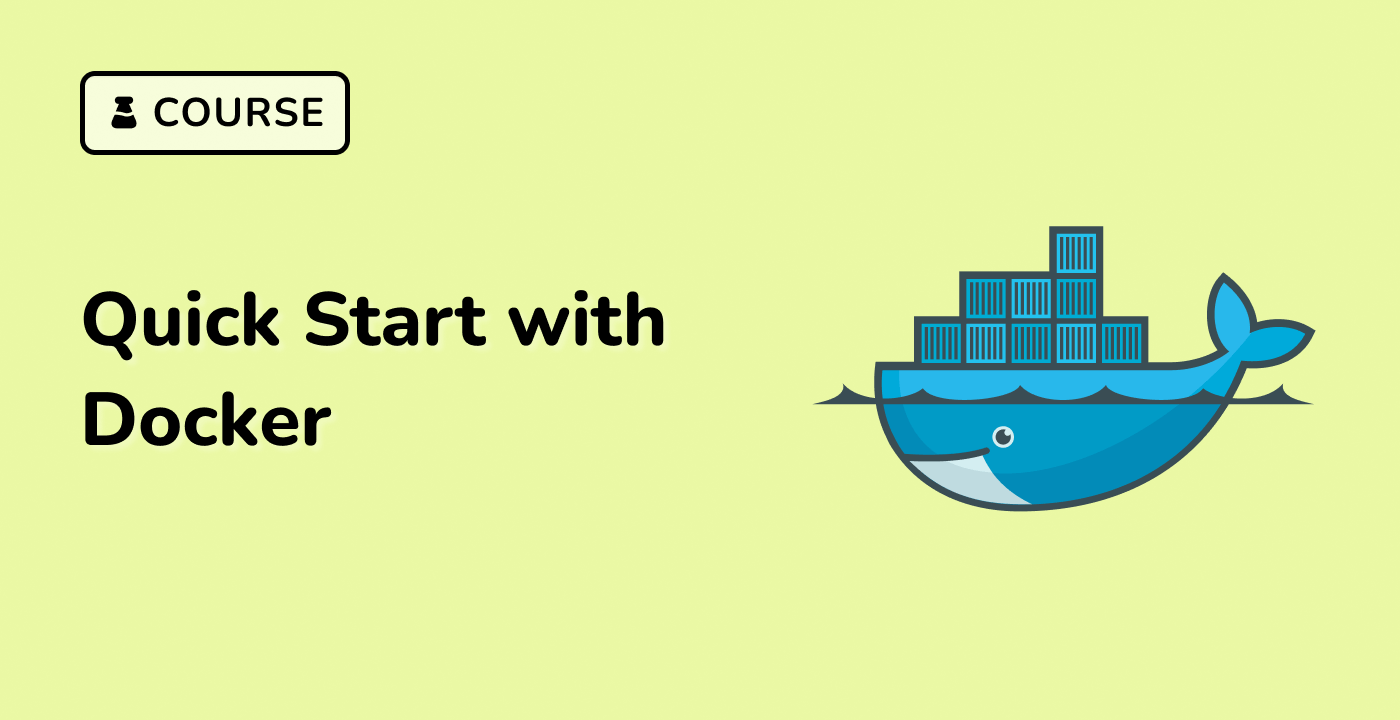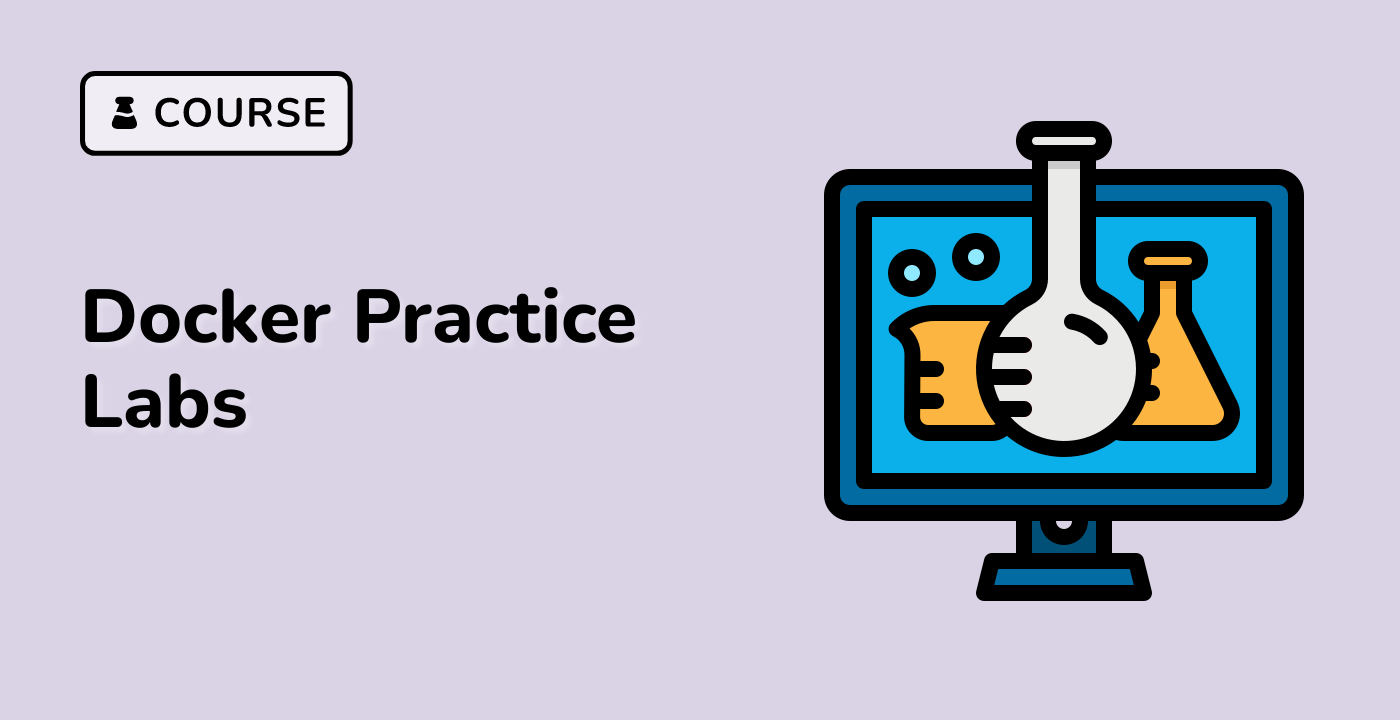Introduction
This comprehensive Docker tutorial provides developers and system administrators with essential knowledge for implementing container technology. By covering fundamental Docker concepts, installation procedures, and practical examples, learners will gain practical skills in modern software deployment and virtualization techniques.




